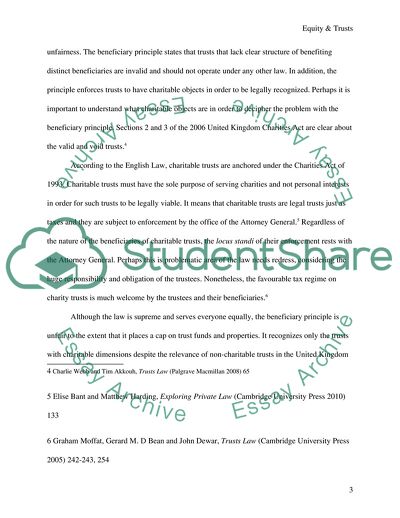Cite this document
(Why the English Courts should Ban the Beneficiary Principle Essay, n.d.)
Why the English Courts should Ban the Beneficiary Principle Essay. https://studentshare.org/law/1881913-equity-trusts
Why the English Courts should Ban the Beneficiary Principle Essay. https://studentshare.org/law/1881913-equity-trusts
(Why the English Courts Should Ban the Beneficiary Principle Essay)
Why the English Courts Should Ban the Beneficiary Principle Essay. https://studentshare.org/law/1881913-equity-trusts.
Why the English Courts Should Ban the Beneficiary Principle Essay. https://studentshare.org/law/1881913-equity-trusts.
“Why the English Courts Should Ban the Beneficiary Principle Essay”. https://studentshare.org/law/1881913-equity-trusts.


